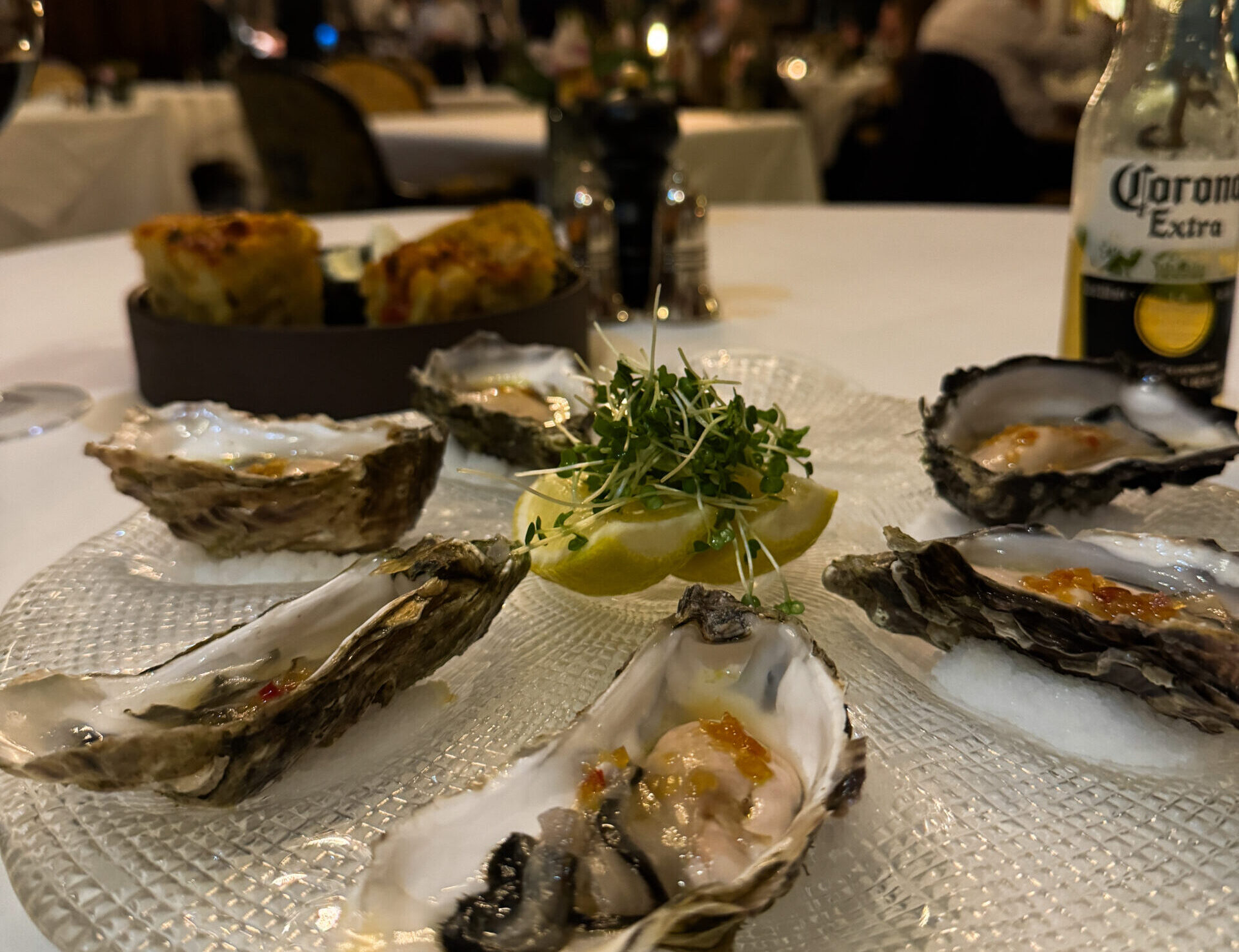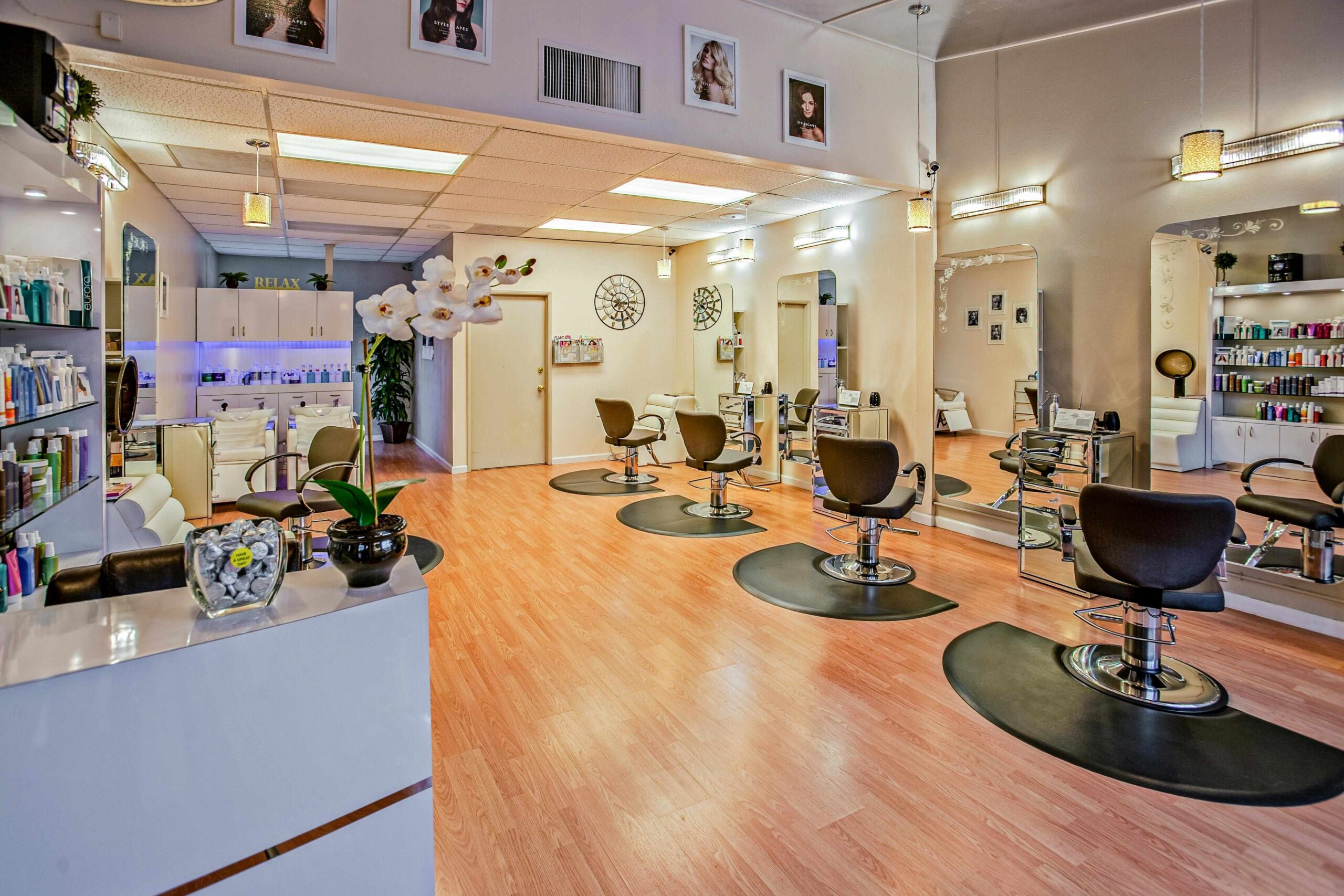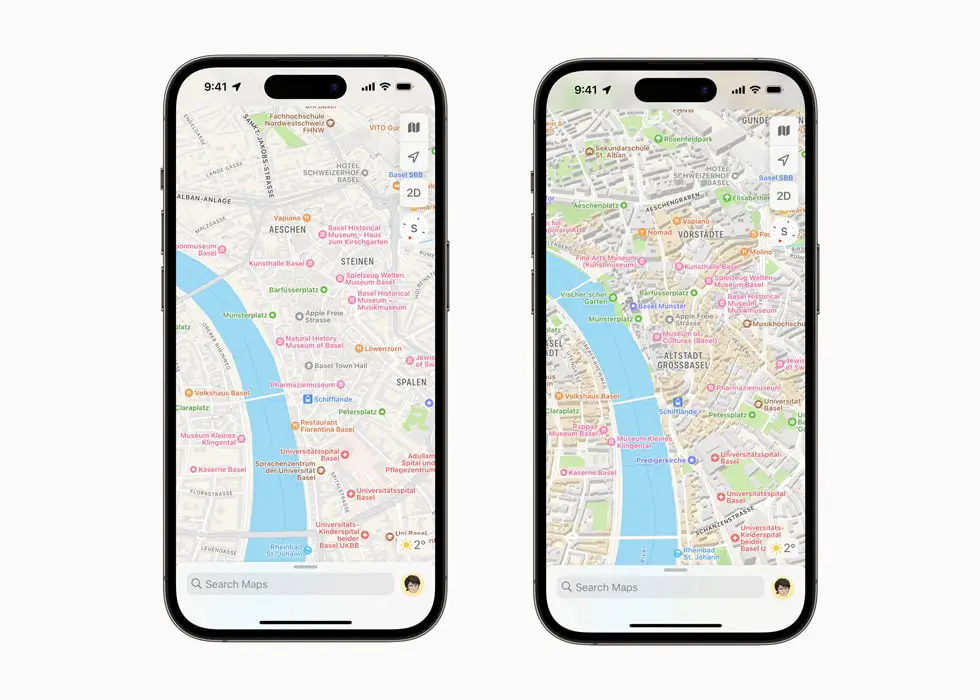Keywords are the words and phrases people type into Google when searching for something. Choosing the right ones helps your restaurant website show up in search engines, so more customers can find your business. Without the right keywords in the content of your website, you will struggle to be found by potential customers.
Why You Should Do Keyword Research for Restaurant SEO
- Attract more customers online – Using the right restaurant keywords (e.g., “best seafood restaurant near me” or “family-friendly Italian restaurant”) helps potential diners find your restaurant when they search on Google.
- Stay ahead of competitors – Restaurant keywords can fluctuate seasonally based on holidays, special events, or trends. For example: “Best brunch spots near me” may spike during weekends or holidays. Keywords for outdoor dining or seasonal dishes (e.g., “summer patios in [city]”) may rise during certain times of the year. Use Google Trends to track seasonal keyword fluctuations and adjust your strategy accordingly.
- Keep up with industry trends and innovate – Keyword research reveals emerging food trends and customer preferences, such as rising demand for “vegan brunch options” or “gluten-free pizza near me.” Staying informed lets you adapt your menu and marketing strategy to match what customers want.
Types of Keywords and Their Role in Ranking
Short-Tail vs. Long-Tail Keywords
- Short-tail keywords are broad, one to two-word terms like “coffee” or “best restaurants.” They get a lot of searches but are very competitive.
- Long-tail keywords are longer, more specific phrases like “best Italian restaurant in Chicago.” They have less competition and bring in visitors who are more likely to take action. In other words, the intent is much higher.
Informational, Navigational, and Transactional Keywords
- Informational keywords help users find answers (e.g., “how to make homemade pizza”).
- Navigational keywords help users find a specific website (e.g., “Starbucks official site”).
- Transactional keywords show intent to buy (e.g., “order Italian food online”).
Branded vs. Non-Branded Keywords
- Branded Keywords: These include the restaurant’s name, such as “Joe’s Italian Bistro menu” or “Joe’s Italian Bistro reservations.” People searching for these already know the restaurant and are likely ready to visit or place an order.
- Non-Branded Keywords: These are broader terms that attract new customers who may not know your restaurant yet. Examples include “Italian restaurant near me” or “authentic pasta in New York.” These help capture people searching for a type of cuisine rather than a specific restaurant.
How to Find the Best Local SEO Keywords for Your Restaurant
Using Google’s Autocomplete and Related Searches
Start typing a keyword into Google, and it will suggest popular searches. Scroll down to the “related searches” section for more ideas.
Leveraging Keyword Research Tools (Google Keyword Planner, Ahrefs, SEMrush, etc.)
These tools show search volume (how often a keyword is searched), competition level, and related keywords. Google Keyword Planner is free, while Ahrefs and SEMrush offer deeper insights.
Analyzing Competitor Keywords
Check what keywords your competitors rank for. If they’re using phrases like “top seafood restaurant near me” or “best brunch spots in Brooklyn” but you haven’t, it might be time to target these terms for your own SEO strategy provided you match users intent and you have the ability to rank for these keywords. Tools like Ahrefs or SEMrush can help you find gaps where you can compete.
Related: How to Choose a Local SEO Tool
Identifying Low-Competition, High-Value Keywords
Look for restaurant keywords with a decent search volume but lower competition. This gives you a better chance to rank higher in search results.
Focus on Local SEO
Incorporate location-based keywords like “best restaurant near Central Park” or “dining in Manhattan” to target people who are searching for options near them. Local SEO is key for restaurants that depend on foot traffic or delivery.
Monitor Trends and Seasonality
Keep an eye on trends, like “summer outdoor dining NYC” or “holiday catering in NYC,” to optimize your website for seasonal searches. Research tools like Google Trends can help you spot rising food trends and adapt your keyword strategy accordingly.
Tips on Evaluating Keyword Metrics for Better Rankings
Not all keywords are created equal. To rank higher on Google, you need to choose keywords based on data, not just guesswork. Evaluating keyword metrics drives real traffic and potential customers to your website. Let’s break down the key factors to consider when analyzing keyword performance.
Search Volume and Keyword Difficulty
High search volume means more traffic potential, but high difficulty means more competition. Aim for a balance.
Click-Through Rate (CTR) and Search Intent
CTR measures how often people click on a result after searching. A keyword must match
search intent, whether users are looking for information, products, or services.
Keyword Relevance and User Behavior
A keyword should closely match what your audience is searching for. If people search for “affordable laptops,” but your page is about high-end gaming laptops, they’ll leave quickly, and this could hurt your rankings.
Strategically Placing Keywords for Maximum SEO Impact
Optimizing Title Tags, Meta Descriptions, and URLs
Include your main keyword in the page title, meta description, and URL to improve visibility. Example:
- Title: Authentic Neapolitan Pizza in Chicago | Restaurant Name
- URL: www.example.com/neapolitan-pizza-chicago
- Meta Description: Searching for the best neapolitan pizza in Chicago? Explore our menu for top-rated, authentic pizza, pasta and more!
Using Keywords in Headers and Content Naturally
Sprinkle keywords throughout your headings and paragraphs naturally. Avoid forcing them in, as Google penalizes keyword stuffing.
Image Alt Text and Internal Linking Strategies
- Alt Text: Describe images with keywords (e.g., “homemade pepperoni pizza on a wooden table”).
- Internal Links: Link to relevant pages using keyword-rich anchor text (e.g., “Check out our pizza recipes”).
Track and Adjust Your Keyword Strategy Over Time
Use Google Search Console and Analytics
These free tools help track which keywords bring traffic and where your site ranks in search results.
Adapt to Search Trends and Algorithm Changes
Google updates its algorithm often. Stay updated and adjust your keyword strategy as trends change.
Refine Content Based on Performance Data
If certain keywords drive traffic, create more content around them. If some aren’t performing, tweak your approach or try new keywords.
Common Keyword Selection Mistakes to Avoid
Overusing High-Competition Keywords
Trying to rank for broad, high-competition keywords like “restaurant” or “pizza” is tough. Instead, focus on niche, long-tail keywords like “vegan pizza in Brooklyn” or “family-friendly Italian restaurant in NYC” to improve your chances of ranking higher.
Ignoring Search Intent
If diners search “best seafood restaurant near me” but your page only talks about “seafood recipes”, they won’t stay. Make sure your content aligns with what people expect, such as featuring dishes and menus, hours, and location details to match the searcher’s intent.
Keyword Stuffing and Poor Content Optimization
Repeating keywords unnaturally makes content hard to read and can get your website penalized. Use keywords naturally and focus on providing value.
You Can Now Start Writing Your Content
You already have a solid list of restaurant keywords to target, so you can now focus on the right blogs for your business and description for your Google Business Profile listing to achieve both short-term and long-term success. With a solid keyword research strategy in place, you’re now ready to create marketing content that will help your restaurant rank higher on Google and attract more customers. You can do regular optimization to keep your website updated with fresh, relevant keywords.
Remember to review these keywords regularly. Every few months is ideal, though some businesses prefer to do it even more frequently. As your restaurant website authority grows in search engine results, you’ll be able to expand your keyword list and capture even more opportunities. Here are a few things to look for in your analytics tool that indicate your keyword research has been effective:
- Increased Website Traffic – You’re seeing more people landing on your restaurant website because you’re targeting the right, relevant keywords.
- Higher Conversion Rates – Whether it’s bookings, takeout orders, or event reservations, your customers are taking action after finding your website.
- Improved Local Visibility – Your restaurant shows up for more location-based searches, helping you reach people who are searching nearby.
- Content Engagement – Visitors are spending more time on your pages, reading your menus, checking out food, exploring your offerings, and interacting with your calls-to-action.
Ready to grow your restaurant with an experienced local SEO consultant? Our restaurant SEO agency has helped many businesses grow their presence through customized SEO strategies.



